Depression Treatment: Regain Control and Rediscover Joy
Depression can feel like an overwhelming weight, impacting your emotions, thoughts, and daily life. At Hope Wellness Center, we understand the complexities of depression and offer personalized treatment plans to help you rediscover hope, joy, and balance.
Our compassionate providers use evidence-based therapies and medication management to address the root causes of depression, empowering you to take back control of your life.
What Is Depression?
Depression, also known as Major Depressive Disorder (MDD), is a common but serious mental health condition that affects how you feel, think, and handle daily activities. It goes beyond occasional sadness, causing persistent feelings of hopelessness, fatigue, and loss of interest.
Depression can affect anyone, regardless of age or background.
It often coexists with conditions like anxiety or chronic illness.
Effective treatments are available, and recovery is possible.
Common Symptoms of Depression
Emotional Symptoms
Persistent sadness, emptiness, or hopelessness.
Feelings of guilt, worthlessness, or helplessness.
Difficulty experiencing pleasure in activities once enjoyed.
Physical Symptoms
Fatigue or lack of energy.
Changes in appetite or weight.
Sleep disturbances, including insomnia or oversleeping.
Cognitive Symptoms
Difficulty concentrating, remembering, or making decisions.
Thoughts of death or suicide (seek immediate help if you experience these).
If these symptoms resonate with you or someone you know, professional help can make a difference.
Our Comprehensive Approach to Depression Treatment
At Hope Wellness Center, we take a holistic and personalized approach to treating depression.
Step 1: Comprehensive Evaluation
Our process begins with a thorough evaluation to understand your unique experience, including:
Your symptoms, medical history, and life circumstances.
Any underlying factors contributing to your depression, such as stress, trauma, or co-occurring conditions.
Step 2: Personalized Treatment Plans
Once diagnosed, we create a tailored plan to address your unique needs:
Therapy Options
Cognitive Behavioral Therapy (CBT): Helps reframe negative thought patterns and develop healthier perspectives.
Interpersonal Therapy (IPT): Focuses on improving relationships and resolving conflicts.
Mindfulness-Based Therapy: Teaches relaxation techniques and strategies to stay present.
Medication Management
Prescribing antidepressant medications tailored to your needs.
Regular follow-ups to monitor progress and adjust dosages as needed.
Lifestyle Recommendations
Guidance on improving sleep, nutrition, and exercise to support emotional well-being.
Stress management techniques and self-care practices.
Step 3: Ongoing Support
Regular check-ins to ensure progress and address challenges
Adjustments to your treatment plan based on your evolving needs
Benefits of Depression Treatment
Improved Mood and Energy Levels
Feel more motivated and emotionally balanced.
Enhanced Relationships
Build stronger connections with loved ones.
Renewed Sense of Purpose
Regain interest in activities and goals.
Who Can Benefit from Depression Treatment?
Depression treatment is for anyone struggling with persistent sadness, hopelessness,
or other symptoms affecting their quality of life. Our services are tailored to meet the needs of:
Individuals experiencing major life changes or stressors.
Those with a family history of depression or other mental health conditions.
People facing co-occurring conditions like anxiety or substance abuse.
Why Choose Hope Wellness Center for Depression Treatment?
Expert Providers
Our team specializes in treating depression with compassion and expertise.
Personalized Care
We tailor each treatment plan to your unique needs and goals.
Holistic Approach
Integrating therapy, medication, and lifestyle changes for comprehensive care.
Ongoing Support
We’re committed to helping you achieve lasting wellness and recovery.

FAQs About Depression Treatment
How do I know if I need treatment for depression?
Can depression be treated without medication?
How long does depression treatment take?
Is depression treatment covered by insurance?
Can depression come back after treatment?
Take the first step today
You don’t have to navigate your mental health journey alone. Hope Wellness Center is here to provide the guidance, support, and care you need to achieve lasting wellness.




